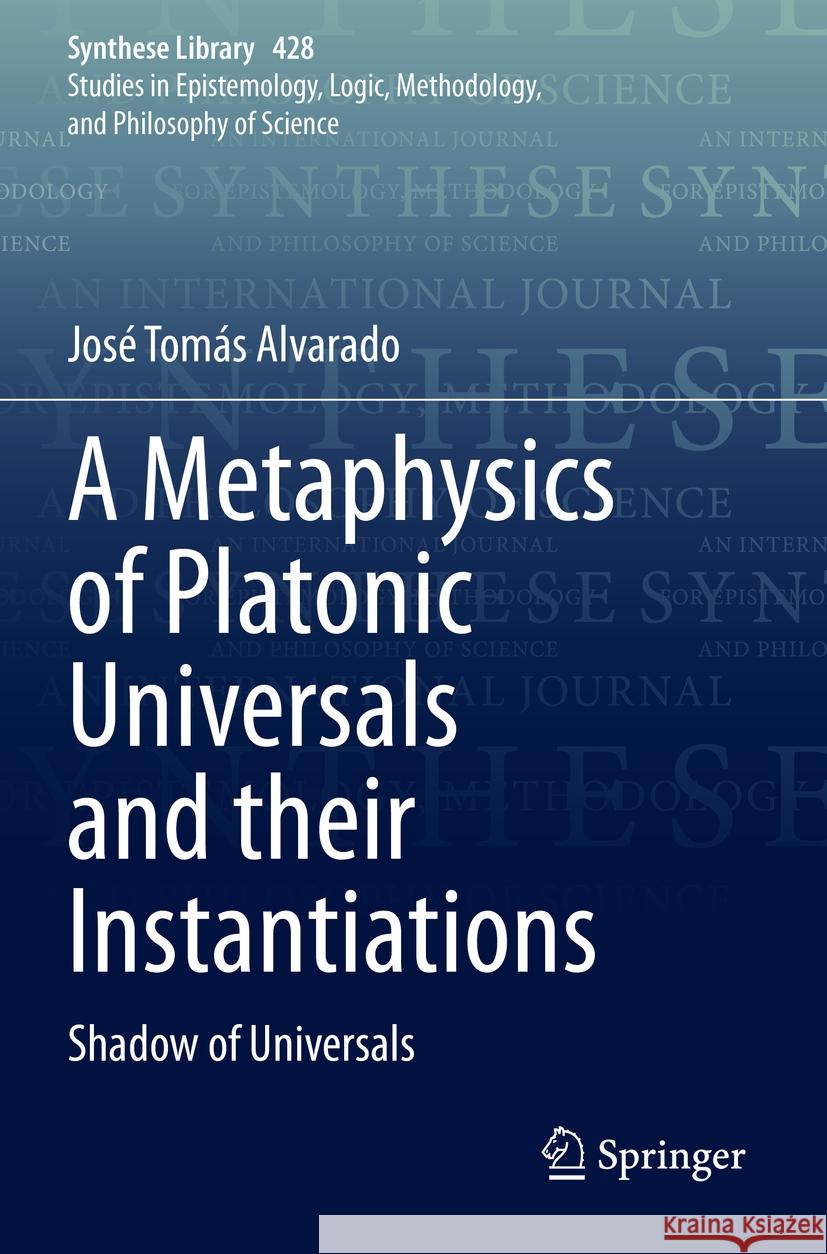A Metaphysics of Platonic Universals and Their Instantiations: Shadow of Universals » książka
topmenu
A Metaphysics of Platonic Universals and Their Instantiations: Shadow of Universals
ISBN-13: 9783030533953 / Angielski / Miękka / 2021 / 374 str.
A Metaphysics of Platonic Universals and Their Instantiations: Shadow of Universals
ISBN-13: 9783030533953 / Angielski / Miękka / 2021 / 374 str.
cena 459,42 zł
(netto: 437,54 VAT: 5%)
Najniższa cena z 30 dni: 459,42 zł
(netto: 437,54 VAT: 5%)
Najniższa cena z 30 dni: 459,42 zł
Termin realizacji zamówienia:
ok. 20 dni roboczych.
ok. 20 dni roboczych.
Darmowa dostawa!
Kategorie BISAC:
Wydawca:
Springer
Język:
Angielski
ISBN-13:
9783030533953
Rok wydania:
2021
Ilość stron:
374
Waga:
0.52 kg
Wymiary:
23.39 x 15.6 x 1.96
Oprawa:
Miękka
Wolumenów:
01
Dodatkowe informacje:
Wydanie ilustrowane











